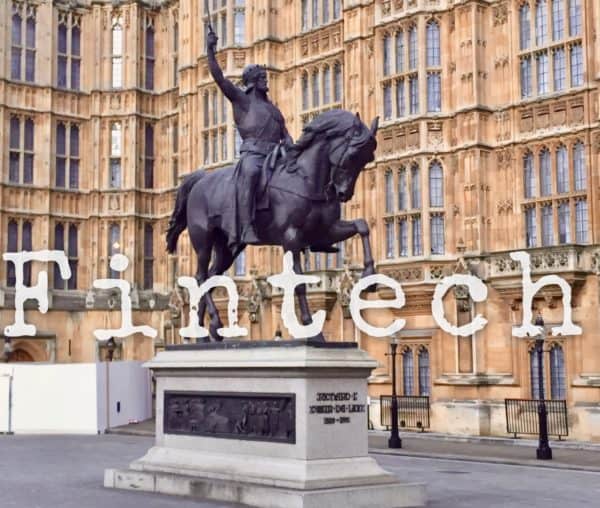Some people in government here are talking as if the crisis is over, and that they’ve done all they can for businesses. There are worrying signs that the initial good intentions are fading and that the temptation to manage the numbers and the messages rather than the actuality may be reasserting itself.
The crisis is far from over for most small and micro businesses / SME, most of whom have not had the help they were being offered – and had relied on in the face of a government command to close abruptly.
Managing the Figures
Figures are hard to come by – for no good reason other than they are being withheld and managed – but the delivery of CBILS loans to those who have sought them (ie classed as ‘enquired’ as well as classed as ‘applied’) is in the single digits and may be as low as 1%. Most of which went in large chunks to larger rather than independent businesses.
Meanwhile the third attempt (there was a CBILS 2.0), Bounce Back Loans have proved bouncy for only a matter of days. Available funds have been exhausted. It’s an open secret that banks including such as Tide and Starling are now rationing and turning applicants down for these reasons. Bouncback loans are exhausted – along with this banking mechanism – as predicted.
“What this crisis has shown to me is that the Fintech community are bright, innovative and ready for a crisis; the traditional financial community are challenged, struggling and unready for this crisis.”
-Chris Skinner
It’s Time for Bounce Back Direct – and CBILS Direct too
From the outset, the FintechTaskforce which I lead has pointed out that this would happen. That liquidity (available cash) would dry up and that the Bank of England would need to step in directly by printing and providing the money directly (rather than relying on the banks). Notably, Andrew Bailey quickly came out in support of this and stands ready still I believe.
We, the Fintech Taskforce, promised to deliver a fintech platform capable (and regulated) to deliver that funding quickly and at scale. We have delivered on that.
Now is the crunch moment: Will government stand behind their promises, address the real situation as it is, and enable us to deliver on their behalf – in a way that the banks have now proved that they cannot?
Two months in we should now be thinking about the second phase of help and support for the real economy – but we have still to deliver more than 50% (probably 70%+) on the promises made by the government at the outset in order to contain the impact on the economy.
If we do not ‘go direct’, using the Fintech pipework now available to deliver money direct, then that damage to the economy may be a little short of catastrophic – needlessly.
This is not the end – it’s not even the beginning of the end – nor is it the end of the beginning, unless and until the completion of the first step – the delivery of the promise of support that government made to the economy.
We need to put the fire out before we move on – otherwise, it will continue to rage on, regardless of news management. Only then can we assess the damage and start to plan the reconstruction.
Barry E James is co-founder of the BeyondRent.uk Campaign, co-chair of the Westminster Frontier Technologies Forum, and founder of The Crowd Data Center.





